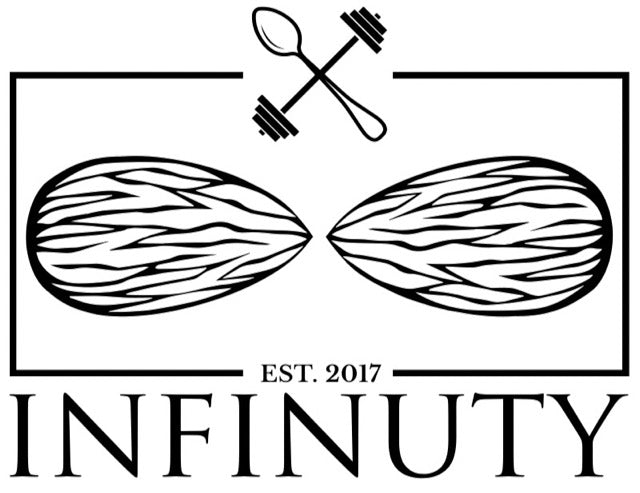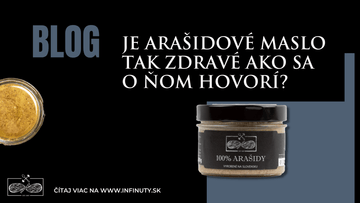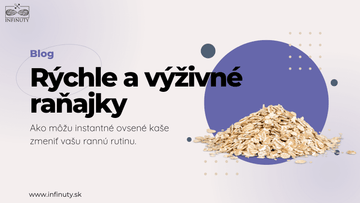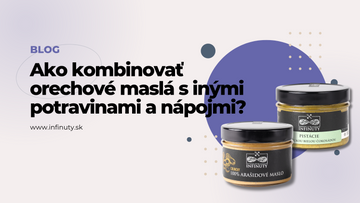Peanut butter contains a large amount of protein, healthy fats, vitamins, and minerals, making it one of the healthiest treats you can buy. Peanut butter is made from ground, often roasted, peanuts.
One of the most frequently asked questions on the internet is whether peanut butter is healthy.
Right from the start, we can tell you that according to most surveys, peanut butter is very healthy and has proven positive effects on our health.
But...
As with other foods, it could be said that too much of anything is bad for peanut butter. And why is that? Because not all butter is the same.
What does peanut butter contain?
100% peanut butter contains a high amount of monounsaturated and polyunsaturated fatty acids. In addition, it is full of protein, carbohydrates and fiber. All of these nutrients are very necessary for the proper functioning of our body and digestion.
Peanut butter and its nutritional values:
Energy 2,374 kJ / 567 kcal
Fats 49 g
of which saturated fatty acids 7 g
of which monounsaturated fatty acids 24 g
of which polyunsaturated fatty acids 16 g
Carbohydrates 16 g
of which sugars 4 g
Fiber 9 g
Protein 26 g
Salt 0 g
Vitamins and minerals in peanut butter:
Vitamin E
Vitamin B6
Manganese
Magnesium
Zinc
Iron
Calcium
What are the effects of peanut butter?
Among the most prominent effects of peanut butter are its ability to lower cholesterol and the risk of cardiovascular disease . This is mainly due to the healthy fats that peanut butter contains.
Foods that contain a higher amount of healthy fats are digested very slowly in our bodies, which is why we feel fuller for longer after consuming them.
Longer digestion also reduces the risk of overeating, which can have a very positive effect on weight loss.
In addition, the glycemic index of peanut butter is 14 , making it a perfect dietary supplement for people suffering from various types of diabetes.
What are the risks of peanut butter?
As we mentioned at the beginning, peanut butter can also have a negative impact on health.
100g of peanut butter contains 567 kcal and 49g of fat, so excessive consumption can lead to weight gain. However, if you stick to the recommended daily intake of 2 tablespoons, this risk is minimal.
Another negative factor is its composition. In some peanut butters, you can find a lot of unnecessary things in the form of additional fats, salt, and sugar.
Therefore, we recommend reading labels and especially buying butters that contain 100% peanuts . Such butter could be considered the healthiest you can buy.
Peanuts and peanut butter are high in phosphorus. This substance, when consumed in excess, can limit the absorption of other minerals like zinc and iron in your body. So if you are deficient in these minerals, a diet high in phosphorus can worsen your condition.
What to add in conclusion?
There are many good things about peanut butter, but there are also a few negatives.
It is a relatively rich source of healthy fats and protein. It also contains a higher amount of fiber, vitamins, and minerals.
However, what you need to be careful of is its excessive consumption. Peanut butter is delicious and therefore very difficult to resist.





